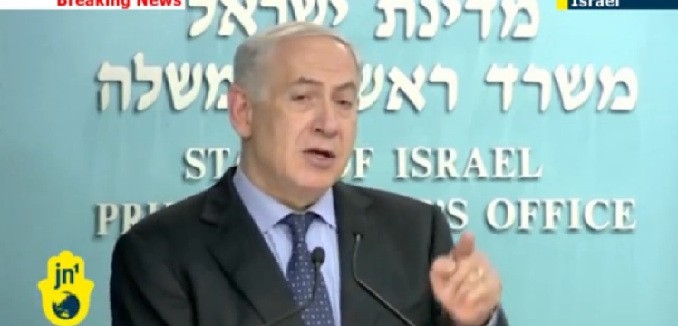The United States has dispatched a series of its most senior military officers to Israel, where they have been meeting with counterparts and discussing a range of regional issues. High on all of the agendas is Iran. Gen. Martin Dempsey, Chairman of the Joint Chiefs of Staffis, is due to visit Israel this week as the guest of Israel’s Chief of Staff, Maj. Gen. Benny Gantz. He will meet with both Prime Minister Benjamin Netanyahu and Defense Minister Moshe Ya’alon. Last week General Mark Welsh, the commander of the US Air Force, was hosted by his counterpart General Amir Eshel. Welsh also met with Gantz.
The meetings come amid U.S. concerns and media reports that Israel may soon execute a strike on Iran’s nuclear program. Officials in Israel have expressed alarm that the American administration seems willing to engage extensively with Iran at a time when Tehran may be on the brink of developing nuclear weapons. Hasan Rouhani, Iran’s newly inaugurated president, has been touted by some international experts as a relative moderate who may attempt to open a window to the West.
Netanyahu believes that there is nothing new on the Iranian front and that Rouhani is a “wolf in a sheep’s clothing” who will continue the nuclear policy of his hardline predecessor, Mahmoud Ahmadinejad. Regardless, the course of Iran’s nuclear program is determined by the Supreme Leader Ali Khamenei.
Netanyahu has, over four years, emphasized that he is willing to unleash the Israeli Air Force to slow Iran’s nuclear drive. In September 2012, from the podium at the UN General Assembly, he drew a literal “red line” across an Iranian bomb. Netanyahu warned that by early summer 2013 Iran might reach the threshold enabling the country to produce sufficient fissile materials and assemble its first nuclear bombs.
After “red lines” and “points of no return” and “decisive years,” there are some analysts who have ridiculed claims that 2014 will be the “crucial year” for Iranian nuclearization.
Yet, according to most indications and experts, 2014 or early 2015 is indeed the time frame in which Iran can achieve its ambition.
By then Iran will have mastered three important nuclear crafts. It will operate a nuclear reactor in Arak, which would be capable of producing plutonium. It will have sufficient number of sophisticated centrifuges, which it could use to enrich weapon-grade uranium.
And it will have the knowledge necessary to fit a nuclear warhead – which could be made of either uranium or plutonium – atop a ballistic missile.
The decision whether to assemble its first nuclear bomb will then be solely Iran’s.
According to senior Israeli officials the only way to deter Iran is to keep up economic and political pressure. The Obama administration, in order to avoid Israeli action against Iran, should be seeking to ratchet up sanctions on Tehran, including by implementing Congressional resolutions aimed at stopping Iranian oil exports.
The U.S. and the E.U will have to negotiate with Iran from a position of strength. Rouhani’s smiles and sweet words should not undermine the West’s resolve.
Sanctions are having an effect. Iranian oil exports recently decreased to a new low of 700,000 barrels per day. A complete halt of the oil export could force Iran’s to change their current calculus. It maybe the only thing to convince Supreme Leader Ali Khamenei, who in any case sets Iran’s policies on nuclear negotiations, that his choice is between nuclear weapons and a complete economic collapse.
[Photo: JewishNewsOne / YouTube]




